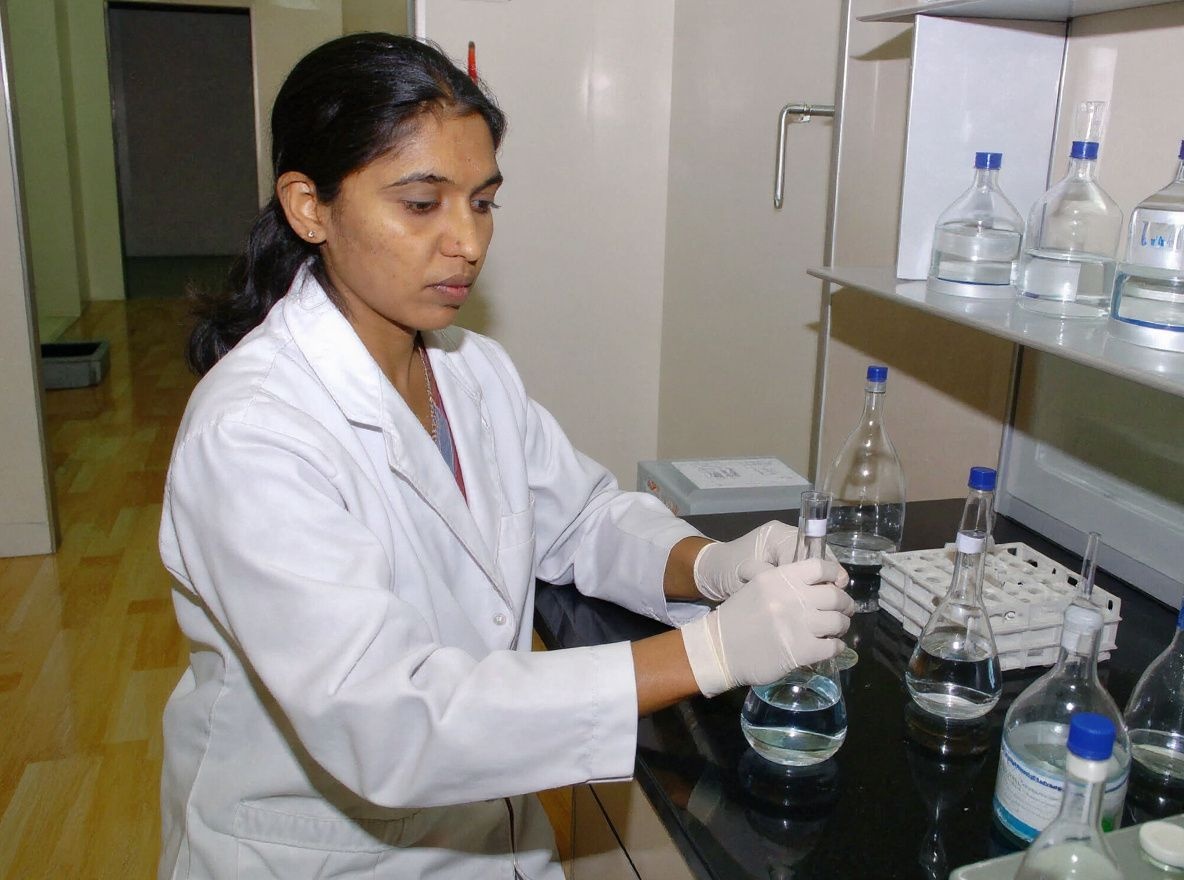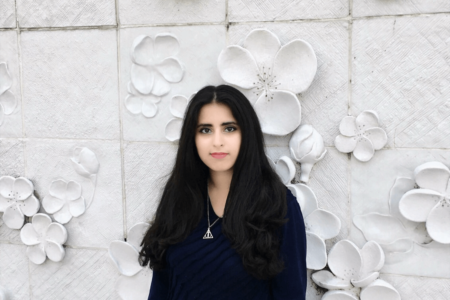
All societies have a structure based on gender. It’s why Indian women are unpaid six times more than their male counterparts; American women one 1.6 times more; and there is no country with zero gaps in unequal pay. It’s behind why, in 2021, as many as 37,000 girls under 18 are child brides. It’s the reason why women, who make up three-fourths of the global workforce, own less than 1% of the world’s property.
Understanding the reasons behind this — from an economic, political, social and cultural point of view — is a subject offered in many universities today. The focus is on where gender inequality stems from — be it identities or personalities, everything has an implication on this specialised social construct.
 Members of the Russian feminist movement march to mark International Women's Day.These degrees are mostly offered under the umbrella of “Women and Gender Studies” which explores the aforementioned but focuses more on the female gender and how race, ethnicity, class and sexual orientation have affected systems of privilege, oppression and relationships of power through time.
Members of the Russian feminist movement march to mark International Women's Day.These degrees are mostly offered under the umbrella of “Women and Gender Studies” which explores the aforementioned but focuses more on the female gender and how race, ethnicity, class and sexual orientation have affected systems of privilege, oppression and relationships of power through time.
Anne Hathaway and Ashley Judd are among the famous alumni who graduated from this programme. Below we explore what you’ll study in a Women and Gender Studies programme:
Curriculum
The curriculum typically explores roles and behavioural patterns linked to gender. Many classes will take examples from contemporary issues, from the #MeToo movement to the lack of representation of women in STEM fields.
 STEM is still a man's world.You’ll learn how to find and use information on contemporary social issues; gain a deeper understanding of the differences in gender, sexuality, race, culture and social class; and get to the root and connections between different forms of oppression.
STEM is still a man's world.You’ll learn how to find and use information on contemporary social issues; gain a deeper understanding of the differences in gender, sexuality, race, culture and social class; and get to the root and connections between different forms of oppression.
Skills
As an offshoot of sociology, many of the skills you stand to gain are similar to other liberal arts graduates, i.e. critical thinking as well as research, writing and presentation skills.
 Actress Ashley Judd, and Women and Gender Studies graduate, speaks during the "Feminism: A Battlefield Report" session at the 10th Anniversary Women In The World Summit
Actress Ashley Judd, and Women and Gender Studies graduate, speaks during the "Feminism: A Battlefield Report" session at the 10th Anniversary Women In The World Summit
Entry requirements
Different institutions will have different needs. However, the general requirements to apply for a master’s degree in Women and Gender Studies are a bachelor’s degree with a 2:1 (hons) in a social science, humanities or related subject; two letters of recommendation, admission essay, a writing sample and proof of English proficiency (if you’re an international applicant).
Jobs and salary
You will be qualified for roles such as advocate for victims of domestic violence and hate crimes; executive or director of a human rights organisation; journalists; counsellor and more. Degree holders command an average salary of US$83,407 per year.










